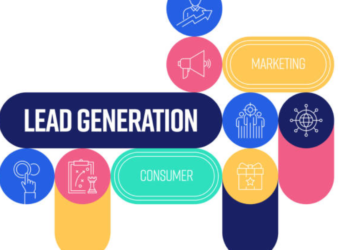Introduction
Egg donation is a process that enables women who are not able to conceive to give eggs for use in infertility treatments. A donor undergoes a series of tests and procedures to ensure her health and safety before agreeing to donate. The eggs are then collected and frozen. When the donor is ready, she may choose to undergo fertility treatment using her own eggs or those of another woman.
What is egg donation and what are the benefits?
Egg donation is the process of a woman donating her eggs to another woman. Egg donation has many benefits, including fertility preservation for women who may be past their childbearing years; providing children who need a genetic match with a donor; helping couples struggling to conceive have children, and providing families with kids who are not genetically related to them.
The Process: What is involved in egg donation?
There are many potential donors who are not mothers. Egg donation is a process whereby someone who is not a mother can provide her ovaries, which then can be used to create embryos for another couple who are wanting children. The donor must have healthy ovaries and be in good health. She must also pass a psychological evaluation and blood tests. After the egg donation process is complete, the donated eggs will be frozen.
The Rewards: What are the rewards of egg donation?
When people think of egg donation, they may picture a woman in her early twenties with flawless skin and a toned body. But there are many other potential rewards to donating eggs. In fact, according to the American Society for Reproductive Medicine, egg donation can provide numerous benefits, including financial compensation, health insurance coverage, and social support. Here are some of the most common rewards:
1. Financial compensation: Egg donors typically receive between $10,000 and $25,000 for their donation. This money can go towards covering medical costs associated with the donation (including fertility treatments), as well as general expenses like rent or groceries.
2. Health insurance coverage: Many egg donation agencies offer their donors health insurance in case of any complications related to the procedure.
How many women donate eggs in Ukraine?

Egg donation in Ukraine with IFG is becoming a popular way to help families in need. International Fertility Group (IFG) has been providing assisted reproductive technologies, including egg donation, for more than two decades.
Ukrainian women are eager to become egg donors because of the country’s high rates of infertility. Approximately one in eight couples struggle to conceive, and many women experience problems with their own eggs. By donating eggs, Ukrainian women can help others have children and make a significant difference in their lives.
Through IFG’s egg donation program, recipients receive comprehensive support during the process of conception. IFG staff members work closely with each donor to ensure that their eggs are healthy and viable.
Final Thoughts:
Egg donation is a process by which a woman provides her eggs for use in infertility treatments. In order to donate, a woman must undergo a series of medical tests to determine her eligibility and then be placed on medication to prevent her from becoming pregnant. After donating, the woman may have occasional menstrual cycles and may experience some nausea, but she is otherwise healthy.


